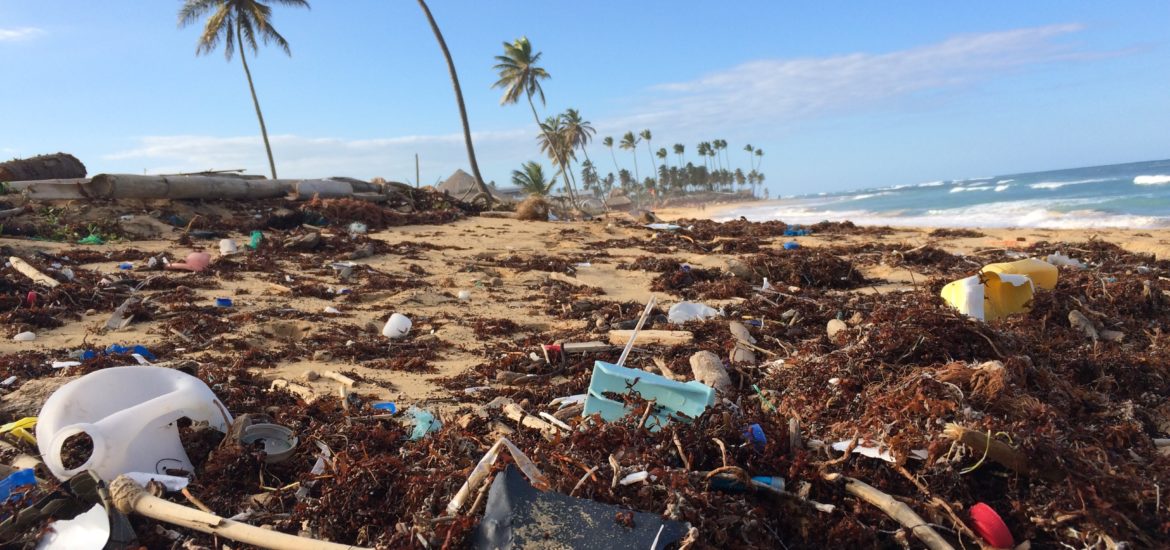In previous posts exploring the price of competition, there is one constant: the price is paid by someone else.
In short, so long as Western consumers do not need to witness the price being paid for their lifestyle, they are can feign ignorance while in reality many simply do not care that the price is being paid by someone else.
It is a classic display of NIMBYism – Not In My BackYard.
The cheap consumer goods that require factories with few environmental regulations and few labour rights (to make sure costs are as low as possible) are illegal in the West, and so they are found in historically poor countries far away.
Mining and natural resource extraction is an obvious example, with Western companies able to log, mine, and strip the land in many countries without any environmental regulations around the extraction or waste disposal.
A less obvious example is the effect of agriculture and aquaculture on non-Western countries.
Many agricultural/aquacultural products are imported from outside the Western world, like coffee, meat, fish, seaweed, soybeans, almonds, fruit, just to name a few.
The environmental impacts of growing and/or harvesting these foodstuffs is great, from clearing forests to make way for plantations and ranches to the costly and far-reaching impacts of overfishing.
Further, many of the workers in these fields are exploited as they work long hours for dollars per day in order to provide the coffee that Westerners drink by the gallon with little thought as to from where that bean came.
An economy that strives for the lowest cost possible by any means possible necessarily shifts the burden of cost to another, and invariably in the Western economy, that cost is shifted to low-income countries that do not even participate in the Western economy.
Western society can no longer claim to be ignorant about the shifting costs; we either need to accept the fact that we are exploiting other countries and other human beings in order to save a couple dollars, or we need to commit to an alternative way of doing business.
In my next post I will be exploring how business and capitalism can produce positive change.

